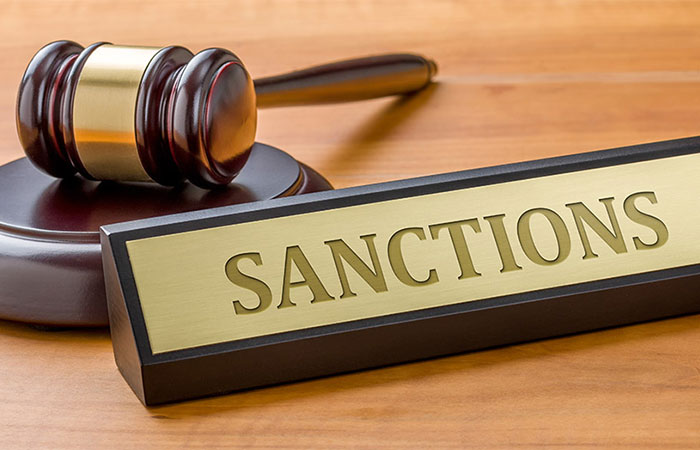
What are sanctions
Imposition of sanctions is a legal measure wherein restrictions can be imposed against any person/ entity that does not respect the international laws. They include a broad range of enforcement options that do not involve the use of armed force. Sanctions are usually regarded as a non-military means of coercion.
International sanctions are typically imposed in the following forms:
- Economic and trade sanctions
- Military/ Arms embargoes
- Freezing of assets
- Travel bans and visa restrictions
- Additional permits for goods, technology and software which has dual use
Who can impose sanctions
Sanctions can be imposed in any of the following scenarios:
- Unilaterally wherein a country suo moto decides to impose sanctions
- Collectively wherein any international or regional organisations like United Nations, European Union, OFAC decides to impose sanctions
Collective sanctions are imposed usually to constrain terrorism, protecting human rights and for promoting non-proliferation. Collective sanctions need to be adhered by all the member countries of the organisations imposing the sanctions.
Against whom sanctions can be imposed
Sanctions can be imposed against the following:
- Individuals
- Legal Entities
- Vessels
- Countries
The above article provides a general overview on the topic. For further information with respect to international sanctions, kindly contact services@jneela.com.





